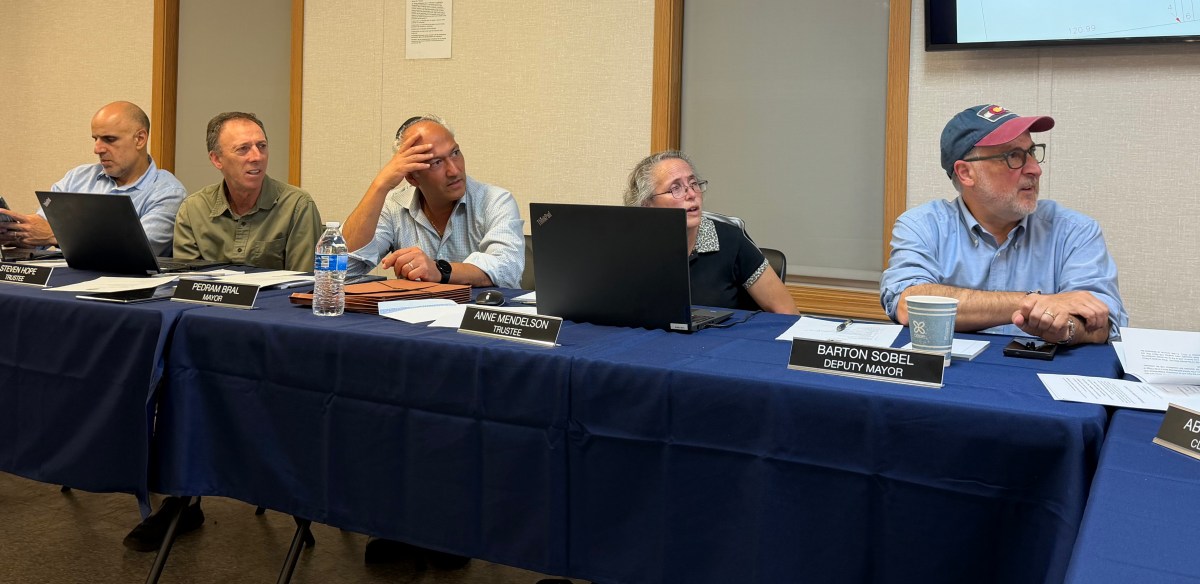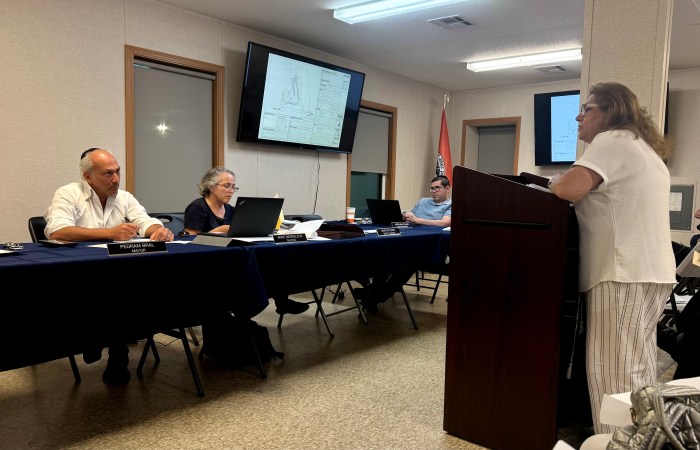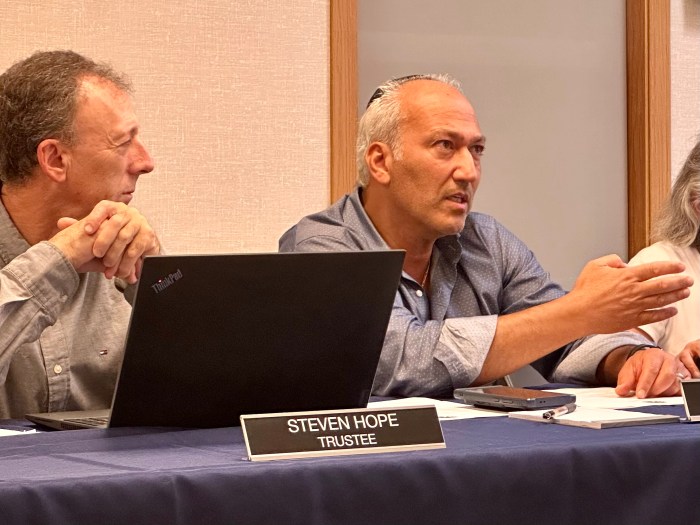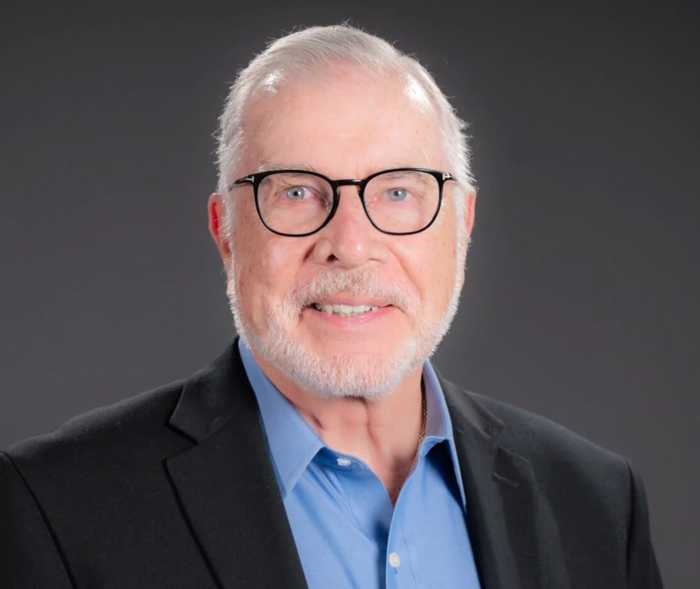For the first time in at least five years, a motion died because no one seconded it at a Village of Great Neck meeting on Tuesday, Sept. 30.
The board was discussing whether to declare a piece of unused land on Wooleys Lane to be surplus, authorizing the mayor to negotiate a sale.
Neighbors living in the house next to the land opposed the sale due to potential changes in property value, Cohan said.
The piece of land, which had been unclaimed because it was intended to be turned into a road decades prior, was claimed by a developer in 2018, according to Cohan. The developer built two houses on the property and donated pieces of the land to the park district and the village.
Deputy Mayor Barton Sobel did not want to declare a surplus, as he said he wanted the neighbors to feel involved in the decision-making process.
“I just feel that they feel that they’re left out of the whole process. So to the extent possible, let them come in and see that we’re declining surplus,” he said.
The board debated whether to declare the land surplus without obligation to the property’s neighbors or to hold off until the neighbors are informed and can get involved at a future board meeting.
The motion to declare the surplus was moved by Trustee Steven Hope, but died when it was not seconded by any other members of the board.
This marks the first time this happened in Abraham Cohan’s six years as clerk-treasurer, and the second time in mayor Pedram Bral’s 10-year tenure, they said.
“The board is very unanimous. They are very, very in unison when it comes to voting,” Cohan said. “The mayor does not put something on the agenda if he knows he’s not going to get the votes. That is the mayor’s policy. The mayor makes sure that if you put something on the agenda, he will have the votes for it.”
In other news, the board discussed altering senior exemption levels for 2027. A maximum household income of $50,000 was discussed as the qualification threshold for the exemption, meaning that, if passed, village residents who earn up to $50,000 and are over the age of 65 would qualify for a percentage of tax exemption.
The system was last updated in 2009, according to Cohan, with a maximum household income of $29,000 to qualify.
“The board believes $29,000 is very low,” Cohan said. “And it really should be updated to adjust to the cost of living of the current time rather than 2009.”
The discussion was adjourned, and Cohan said it is likely the conversation will continue in January.
The board also passed a request from the Department of Public Works to rent a vacuum to clean storm drains for at least a month. The vacuum will cost $13,500 a month, but will help with the flow of rainwater, Cohan said.




























